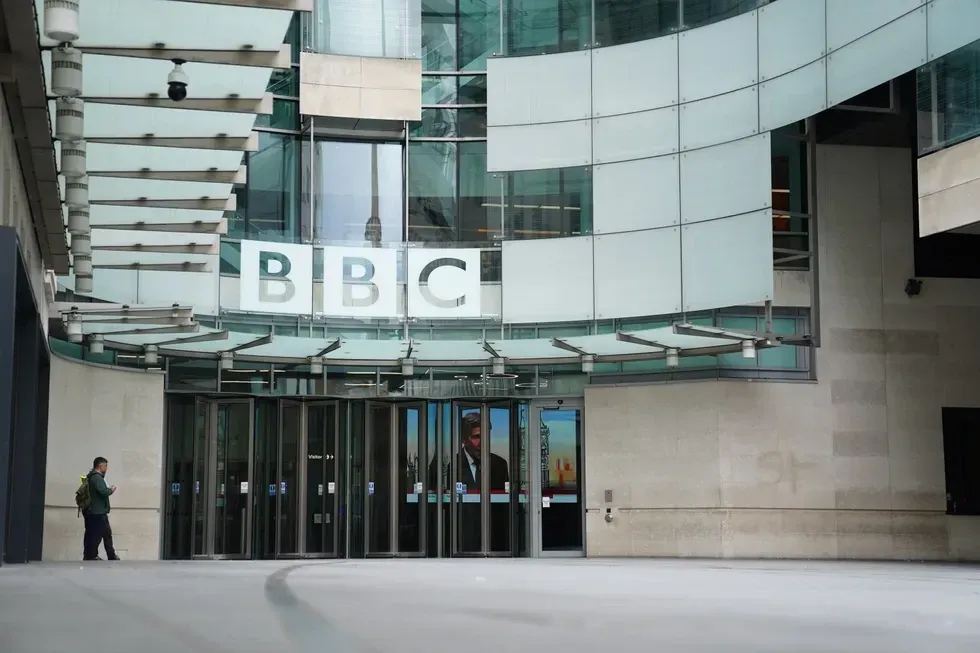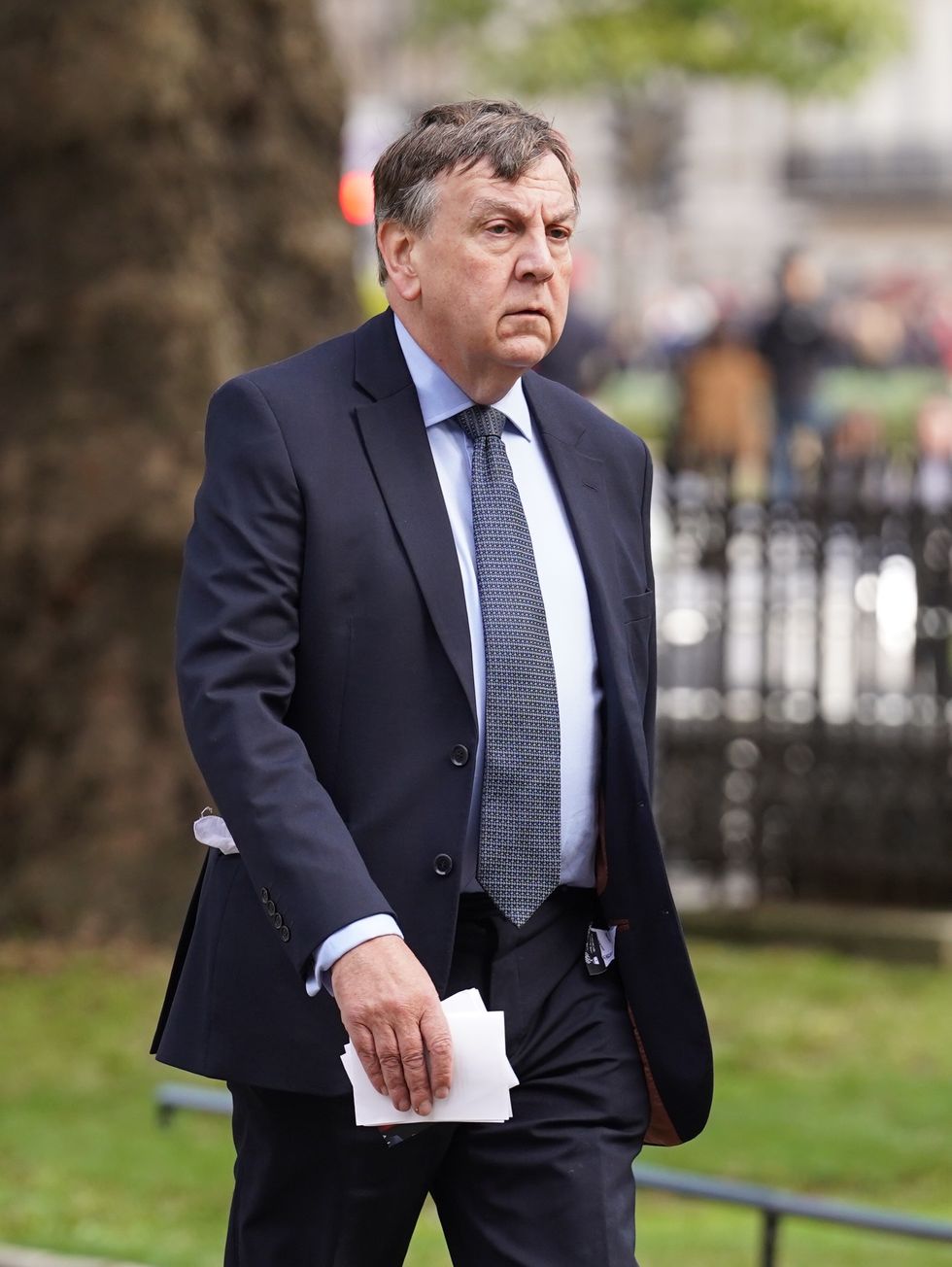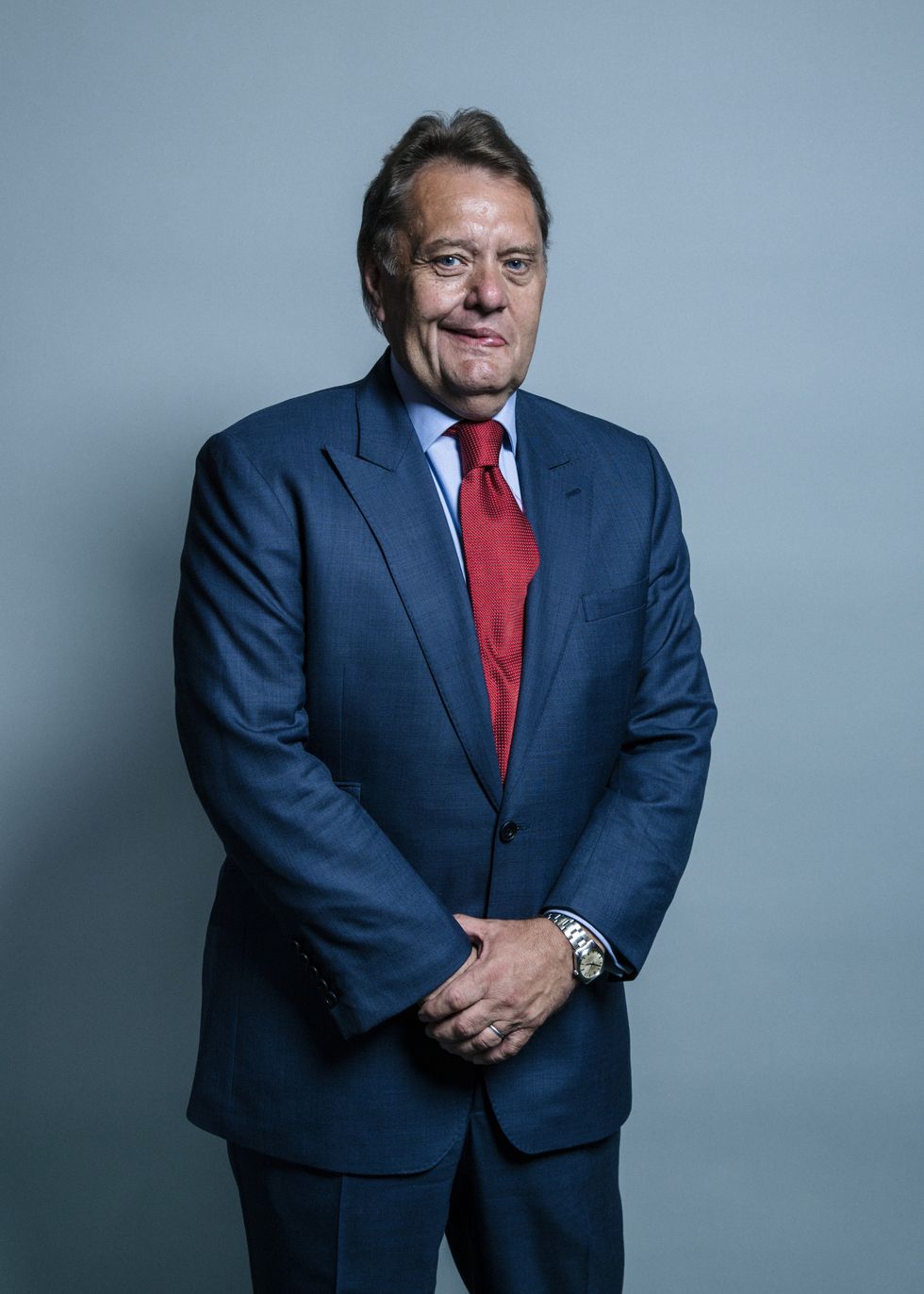The BBC licence fee model is outdated and must be scrapped in favour of a subscription-based service like Netflix, according to a major new report released today.
The white paper from campaign group Defund the BBC warns that the corporation has become a “shadow of its former self” with its current funding model “unsustainable” in the modern age.
The report, titled “Outdated, Outpaced and Out of Touch: The Future of the BBC Licence Fee”, calls for the broadcaster to be transformed into a commercial subscription service similar to Sky, Netflix, HBO or Disney+.
Traditional broadcast media is “rapidly becoming obsolete” as viewers switch to streaming platforms, the report argues.
The BBC’s total income of nearly £6billion in 2023 was more than double that of ITV, yet it continues to run at a deficit as licence fee income declines.
Analysis suggests that Britons will spend more on streaming services than traditional TV packages in 2025, marking a historic shift in viewing habits.

Less than a third of the public back the licence fee system
GETTY
The report notes this transformation will have taken just 13 years for streaming platforms to overtake traditional broadcast media.
Public trust in the BBC has seen a significant decline, with YouGov polling showing only 27 per cent of the UK public believe the corporation is “generally neutral”.
The BBC has “lurched from failure to scandal in a seemingly unending cycle of mistakes and problems”, according to Defund the BBC.
Support for the current funding model remains low, with less than a third of the public backing the licence fee system.
The report adds that support for general taxation funding of the BBC has not exceeded ten per cent in the past five years.
Former Culture Secretary Sir John Whittingdale MP said of the report: “The broadcasting landscape has changed dramatically since the last BBC Charter Review with more and more people choosing to subscribe to streaming services.
“At the same time, the number refusing to pay a licence fee is growing each year putting increasing pressure on the BBC’s finances.
“It is plain that the compulsory licence fee model cannot be sustained for much longer and that we need to begin the debate now about the role of the BBC going forward and how best to fund it.
“I very much welcome this report as a powerful contribution to that debate.”
LATEST DEVELOPMENTS:

Former Culture Secretary Sir John Whittingdale MP welcomed the report as a powerful contribution
PA
Sir John Hayes MP, Chairman of the Common Sense Group, warns that the BBC faces an “adapt or die moment” in his foreword to the report.
“In a world that is more technologically-savvy, where most have a smartphone in their pocket or multiple devices in the one household, the appetite to consume content has increased,” he writes.
He notes that new streaming services have emerged to meet this growing demand.
“It just can’t be ignored, therefore, that the BBC finds itself at a critical juncture. Perhaps, it is facing an adapt or die moment?”
Hayes suggests the report offers solutions, stating: “Fortunately, the authors of this report nourish us with ideas on how to do just that!”

Sir John Hayes said the BBC must ‘adapt or die’
PA
Rebecca Ryan, Campaign Director of Defund the BBC, says the current funding model cannot continue.
“Continuing with the tired status quo of the licence fee is not an option. It is simply not fit for purpose in this age of streaming platforms and subscription services.
“The BBC has clearly become complacent in its failures, knowing that Government and the taxpayer are still forced to keep the bloated organisation stumbling on.
“Ending the safety net of the licence fee and forcing it to compete as a commercial enterprise will ensure that it is brought back to the standards that it was created to represent.”